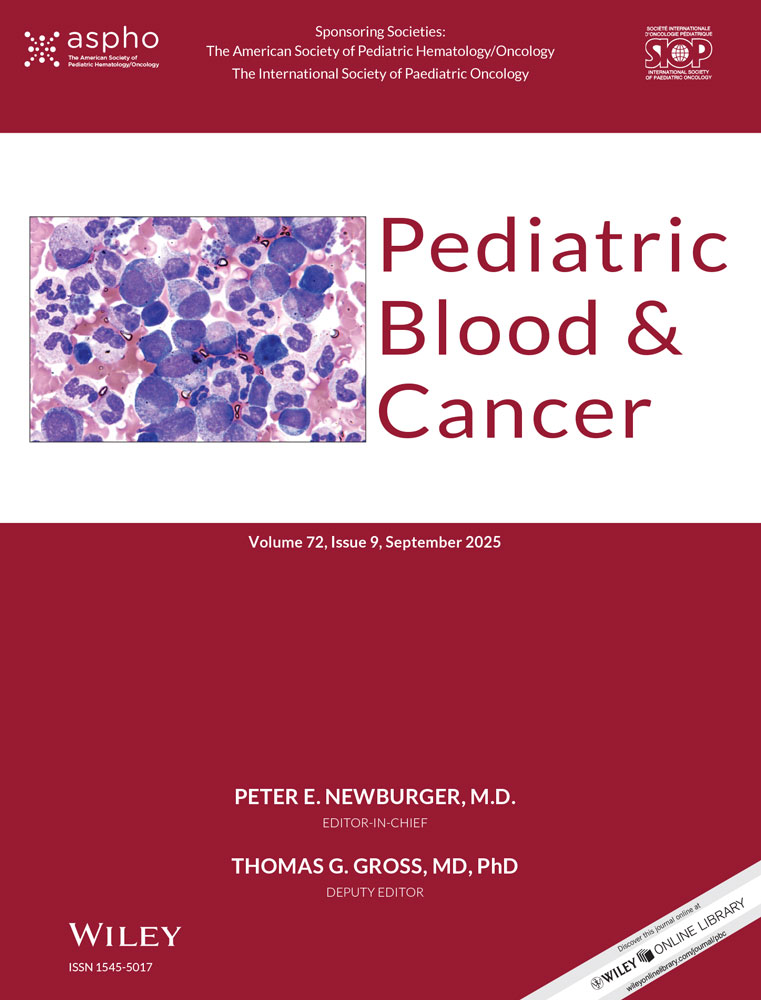Attitudes and practices of pediatric oncology providers regarding fertility issues†
Tress Goodwin and B. Elizabeth Oosterhuis are contributed equally to this work.
Abstract
Purpose
Given the higher survival rates of childhood cancer, health care providers must be aware of the side effects of cancer therapies to educate patients and provide appropriate interventions to reduce cancer-related morbidity. To understand the current practices and attitudes in a pediatric hematology/oncology clinic, health care providers were surveyed regarding fertility issues pertinent to their patient care.
Participants and Instruments
In this study, 93.8% (30/32) health care providers in one pediatric hematology/oncology department completed a 44-item survey assessing knowledge, current practices, obstacles to current practices, perceptions of patient differences, and improvements to future practice.
Results
The majority of health care providers were aware of the adverse effects of alkylating agents (90.7%) and of abdominal and pelvic radiation (100.0%) on fertility. However, only half were aware of gender differences in gonadotoxicity (50.0%) or knowledgeable of current research and technology in fertility preservation (53.3%). While only 34.6% of providers currently consulted with specialists, nearly all (92.8%) indicated a desire to do so in the future, but 64.3% indicated difficulties in finding proper facilities and specialists for their patients. Almost all (96.6%) agreed that providers and patient families need more information regarding the effects of cancer therapy on fertility.
Conclusions
Surveyed pediatric oncology providers considered fertility to be an important issue for childhood cancer patients and desired more resources regarding effects on fertility and fertility preservation. Greater communication needs to be established between pediatric oncology providers and specialists in reproductive medicine and endocrinology to ensure adequate professional collaboration and patient referrals. Pediatr Blood Cancer 2007;48:80–85. © 2006 Wiley-Liss, Inc.




